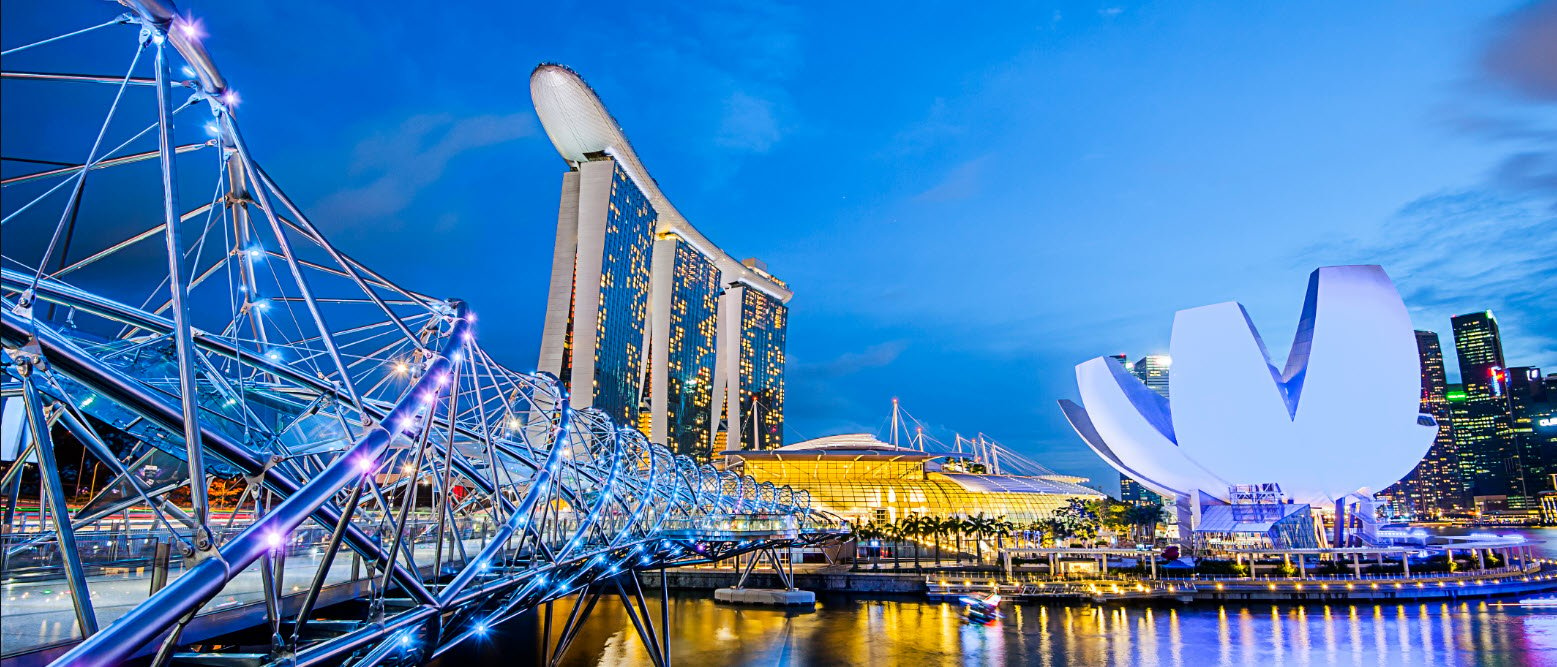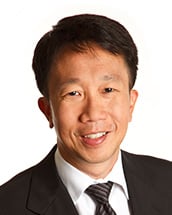In brief
The Ministry of Sustainability and the Environment (MSE) and the National Environmental Agency (NEA) set out the Eligibility Criteria under the International Carbon Credit (ICC) Framework as part of Singapore’s efforts to achieve net-zero emissions by 2050.
In more detail
The ICC Framework
The ICC Framework was introduced in November 2022, alongside the progressive increase in the carbon tax rate under the Carbon Pricing (Amendment) Bill, from SGD 5 per tonne of emissions to SGD 25 per tonne in 2024 and 2025 and SDG 45 per tonne from 2026 onward.
From 1 January 2024, carbon tax-liable companies in Singapore will be able to rely on the ICC Framework to use eligible ICCs to fulfill part of their carbon tax liability, by offsetting up to 5% of their taxable emissions. A carbon credit is generated through activities that aim to reduce, remove or avoid carbon emissions — each ton of carbon dioxide prevented from being released into the atmosphere is equivalent to one carbon credit.
ICC Eligibility Criteria
The ICCs will be deemed eligible after satisfying two key aspects. First, the certified reductions or removals must have occurred between 1 January 2021 and 31 December 2030, in compliance with Article 6 of the Paris Agreement. Second, eligible ICCs must fulfill all seven principles to demonstrate high environmental integrity.
The seven principles are as follows:
- Not double counted: The certified emissions reductions or removals must not be counted more than once, pursuant to the Paris Agreement.
- Additional: The certified emissions reductions or removals must exceed any emissions reduction or removals required by any law or regulatory requirement of the host country, and that would otherwise have occurred in a conservative, business-as-usual scenario.
- Real: The certified emissions reductions or removals must have been quantified based on a realistic, defensible and conservative estimate of the amount of emissions that would have occurred in a business-as-usual scenario.
- Quantified and verified: The certified emissions reductions or removals must have been measured and verified by an accredited and independent third-party verification entity before the ICC was issued, and it must have been calculated in a conservative and transparent manner.
- Permanent: The certified emissions reductions or removals must not be reversible. If there is a risk that the certified emissions reductions or removals may be reversible, there must be measures in place to monitor, mitigate and compensate any material reversal of the certified emissions reductions or removals.
- No net harm: The project or program that generated the certified emissions reductions or removals must not violate any applicable laws, regulatory requirements or international obligations of the host country.
- No leakage: The project or program that generated the certified emissions reductions or removals must not result in a material increase in emissions elsewhere. If there is a risk of a material increase in emissions elsewhere, there must be measures in place to monitor, mitigate and compensate any such material increase in emissions.
The NEA will develop processes to assess which ICCs adhere to the Eligibility Criteria before carbon tax-liable companies use the ICCs to offset their taxable emissions, and it will release further details on the list of eligible host countries, program and methodologies by the end of this year. The NEA has signed memorandums of understanding with five carbon crediting programs — the Gold Standard, Verra’s Verified Carbon Standard, Global Carbon Council, American Carbon Registry and the Architecture of REDD+ Transactions.
The Eligibility Criteria will also be reviewed periodically to align with the developments in Article 6 of the Paris Agreement and high-integrity carbon markets.
Finally, an International Advisory Panel for Carbon Credits, comprising six esteemed members with expertise across fields of sustainability, international development and finance, has been set up to advise the Singapore government on its policies relating to carbon credits.
Key takeaways
Carbon taxable companies looking to offset their taxable emissions from 2024 will have to ensure that the carbon credits used fulfill the eligibility criteria set out by the MSE and the NEA.
*****
The MSE press release can be accessed here.

© 2023 Baker & McKenzie.Wong & Leow. All rights reserved. Baker & McKenzie.Wong & Leow is incorporated with limited liability and is a member firm of Baker & McKenzie International, a global law firm with member law firms around the world. In accordance with the common terminology used in professional service organizations, reference to a “principal” means a person who is a partner, or equivalent, in such a law firm. Similarly, reference to an “office” means an office of any such law firm. This may qualify as “Attorney Advertising” requiring notice in some jurisdictions. Prior results do not guarantee a similar outcome.







